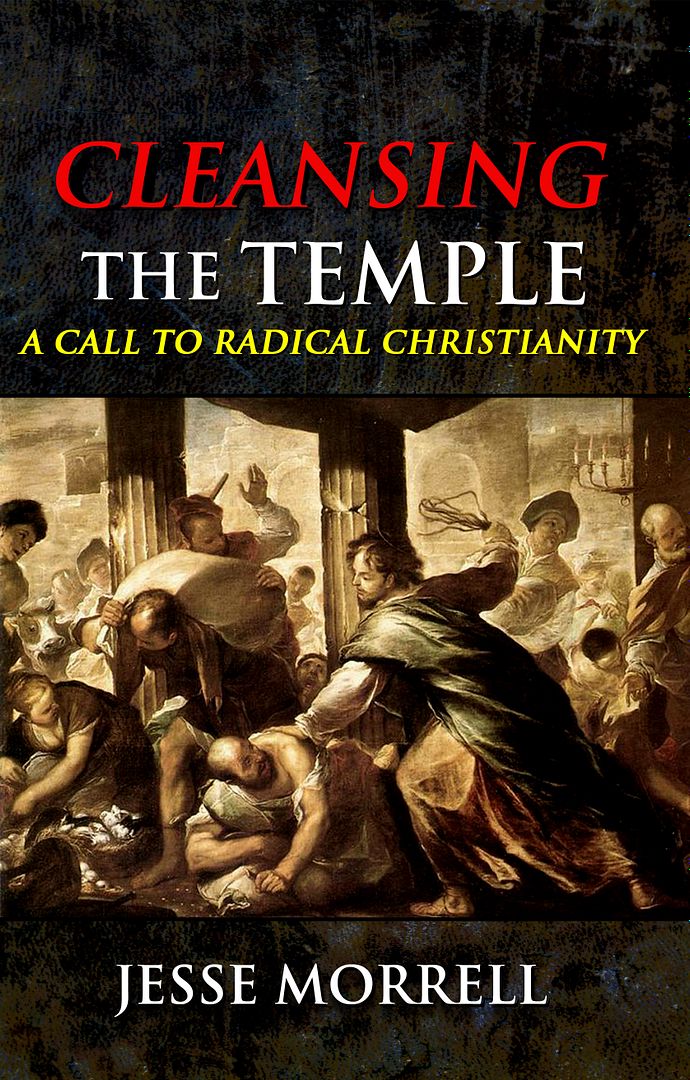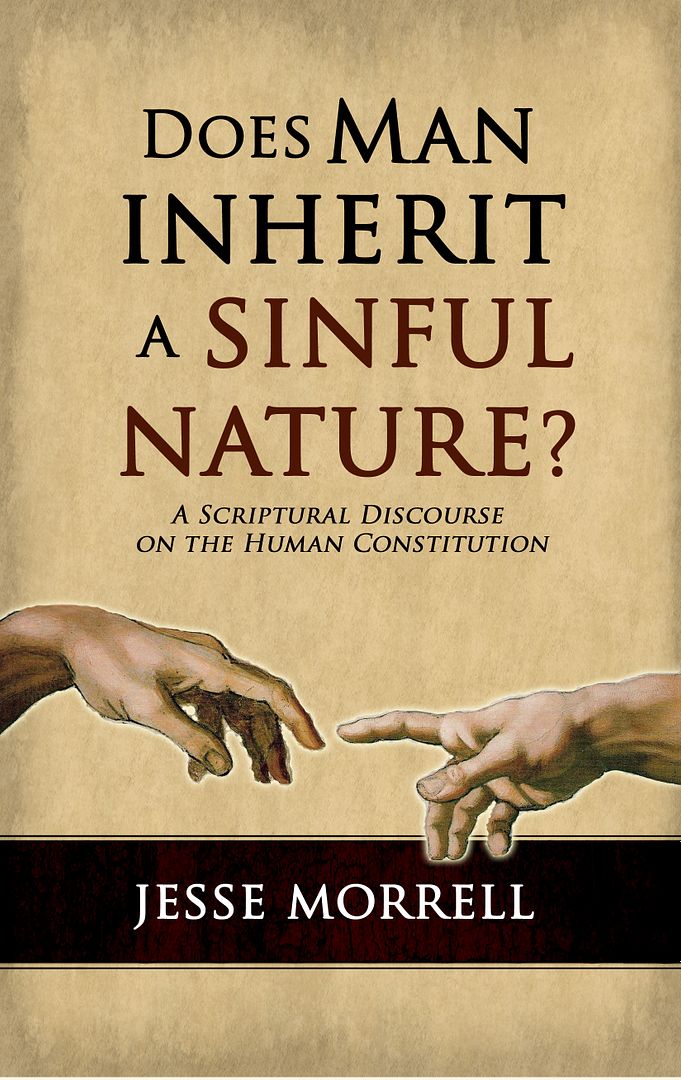

Thoughts on the greatest truth in the universe – The Atonement of Christ:
I was on My Facebook and saw that someone wrote: “Jesus paid the penalty for our sins in full.”
I wrote: The penalty for our sins was not paid in full on the cross. The penalty for our sin is eternal damnation. Christ did not experience this. The atonement is a substitute for penalty, not the penalty itself. The atonement is a means through which our penalty can be remitted. As the Bible says, without the shedding of blood is no remission of sins. You didn’t deserve crucifixion but eternal damnation. Christ did not take your punishment, but provided a substitute for your punishment. Now through His atonement, all men can be saved but they must repent and believe to receive it.
If Christ took our penalty, there is no such thing as the forgiveness of sins since all sins are punished. And if Christ took our punishment, you wouldn’t need to believe it to be saved because Jesus was already punished for your unbelief and it would be unjust to punish the same sins twice. Your debt is paid whether you believe it or not, so you would be saved whether you believe or not.
Someone else then wrote: “He drank the cup of the wrath of God.”
I said: He drank a cup of suffering, not the wrath of God. He told His two disciples that they would also drink of His cup. Did they drink the wrath of God too? And notice that the bowls of God’s wrath are still full in Revelation, so evidently Jesus did not empty them.
The atonement is a means through which God can be just even when He turns from His wrath in His mercy, but the atonement did not in and of itself satisfy or appease the wrath of God. God actually has more wrath after the atonement than before (Heb. 10:26-31).
What about Romans 5:9 which says, “Much more then, being now justified by his blood, we shall be saved from wrath through him.”
Jesus is our Passover Lamb. In the story of the passover, the sacrifice of the Lamb did not satisfy God’s wrath but was the means by which God’s wrath could pass over them. So it is with Christ. God still has wrath for sin but because of Christ His wrath can pass over believers. Until a man is converted, they are under the wrath of God despite the atonement of Christ. When a man is converted, God in His mercy turns from His wrath because of the atonement of Christ.


















Retributive justice, by definition, would be punishing a person according to their demerits. To say that the cross of Christ was a satisfaction of retributive justice would mean that Christ deserved to be treated the way that He was. That is nonsense. Because of His absolute sinless character and the dignity of His person, He did not deserve to be crucified. Thus, willingly sacrificing Himself was an act of mercy and grace. Jesus was not obligated by justice to suffer such things.
Retributive justice requires the eternal damnation of the sinner and the sinner alone and therefore if the sinner is going to be forgiven and saved, retributive justice cannot be satisfied by a substitute. Even in the sinner retributive justice cannot truly be satisfied because the penalty merited is an eternal penalty and therefore retributive justice is eternally unsatisfied even in the damnation of the wicked.
What the atonement does satisfy is public justice. The atonement reveals to the universe God’s regard for His law, His hatred of sin, His determination to punish the disobedient, etc, just as the damnation of the wicked would have. The atonement reveals these truths in an even greater way than punishing the wicked would have. And therefore the atonement is more than a perfect substitute for the penalty of the law. The atonement fulfills the governmental office of penalty better than the penalty would have itself!
And since the atonement fulfills the governmental office of penalty, our penalty can be graciously and mercifully and justly remitted. Since the atonement satisfies the demands of public justice, God can be just even while He sets aside or does not execute retributive justice upon the sinner.
– Jesse Morrell
I am not certain of your position in relation to the death of Jesus and the atonement.
The wages of sin is death. If we are in Christ we sleep, the tent, or body dies, but our life is hidden in Christ in God. Jesus did pay that penalty, and took the keys of hell and death.
We are no longer under condemnation, or wrath, if indeed the spirit of God dwells in us.
If God is still angry, perhaps his wrath is because of unbelief, as it was in the case of the Exodus where God showed the Israelites his breach of promise.
Eternal damnation, or hell, or outer darkness or the lake of fire, the second death, are all results of unbelief, for which there is no remedy now or in the age to come.
I think you are saying that the death of Jesus did not appease his wrath, and I agree, I am just not certain that eternal damnation was the consequence of a violation of the ten commandments or the Mosaic law and that perhaps the new Testament command wherein God commands every man everywhere to repent, if that is disobeyed, then everlasting punishment is the consequence, considering that everlasting life is the gift.
I don’t care much for the boxing in of God by defining him by certain attributes to the peril of certain other attributes, nor do I care for the reasoning of men. The Gospel is God, for God is the Spirit of Truth.
A man says I am a Babtist, or I am a Calvanist, or a Presbyterian, or I adhere to a Moral Government Theology, yet it avails nothing. A man should say, I belong to Christ, and then proove it by his deeds. For if faith without works is dead, so is repentance without works to prove it.